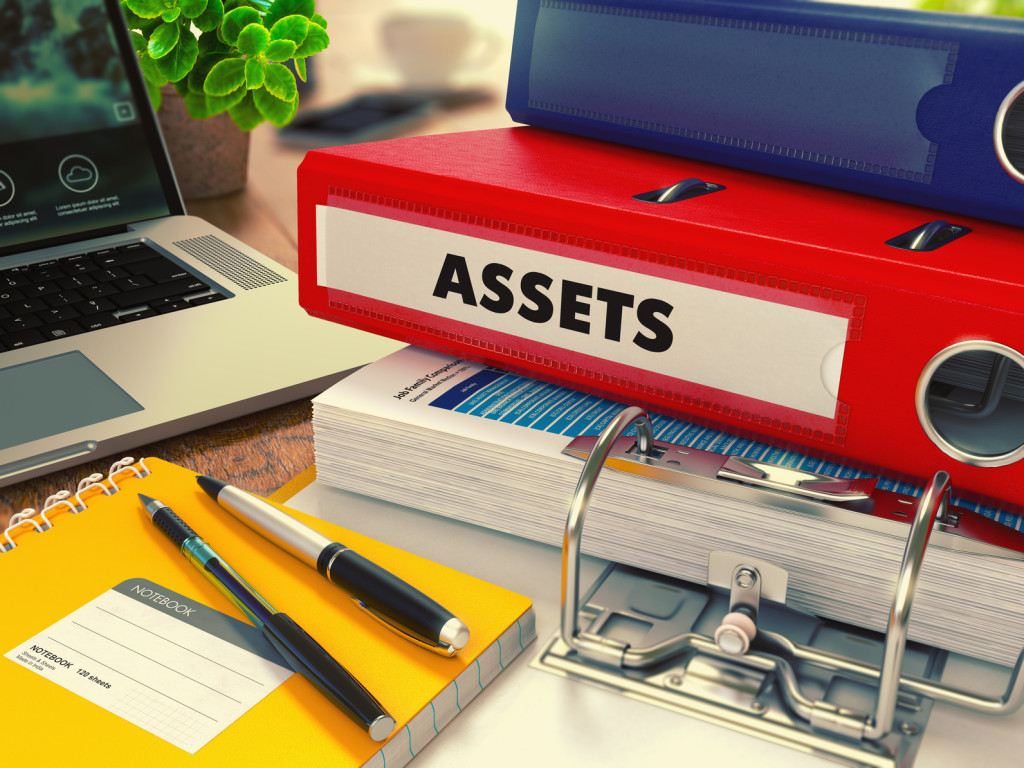GraceKennedy Limited [JSE: GK] released their audited financial statement for the year ended December 2017, passing the 90-billion-dollar mark for revenue.
The company itself had a challenging year. SSL recommended clients to sell their holdings in GraceKennedy as the stock was not maintaining is normal performance. It was noted that the stock was merely stagnant, not providing much growth or even income to investors, thus being a pointless cash and portfolio space holder. However, amidst their challenging year, some sectors stood strong; its Financial and Food sectors. The increase in revenue to JMD $92.47 billion was attributable to the growth, better marketing strategies and innovations in those sectors that kept their feet on the ground.
The company stood through hurricanes and a ban on one of their best-selling products, corned beef in Brazil but still managed to prove resilient.
The company saw a 4.8 percent increase in revenue over 2016 and reported a 5.2 percent increase in Net Profit to JMD 4.77 billion, even their assets grew by a little over JMD 3 million for the year.
The group’s CEO commended her team for staying focused and proactive through the difficult times, still achieving the company’s objectives like launching new products and discovering new ways of distribution.
GraceKennedy acquired Consumer Brands and is very pleased with how both companies have meshed. Consumer Brands has contributed to the overall increase in revenue and profit from just September of last year.
Every company has its difficult times; however, every company’s aim is to not allow such adversities to let them fall. Opportunities were maximized, and revenue and profit grew through one of their toughest times.
When a company produces good results, their investors will see those results in dividends. Their earnings per share increased by 33% to $0.40 in 2017.
With proposed investment in a new headquarters, the company also received tax credits of over JMD 400 million.
The stock closed at $44 per share yesterday and has been trading around this price for some time. Investors are encouraged to add this stock in their portfolios as capital preservation with the expectation that the brand of the company will help maintain its value.
If you liked this article and want to read other great stories, try our Archives. Also if you are new to investing you can try our Investment Basics Blog.
If you want to start investing with SSL but don’t have the time to monitor the market or to conduct the trades yourself then you can choose one of SSL’s managed Financial Planning products. We offer a variety of products for every type of investor and if you are interested in managing online trades yourself and having complete control over your investment portfolio then you can try SSL’s Brokerage account.
Follow us on Facebook, LinkedIn and Twitter please leave us a review.




